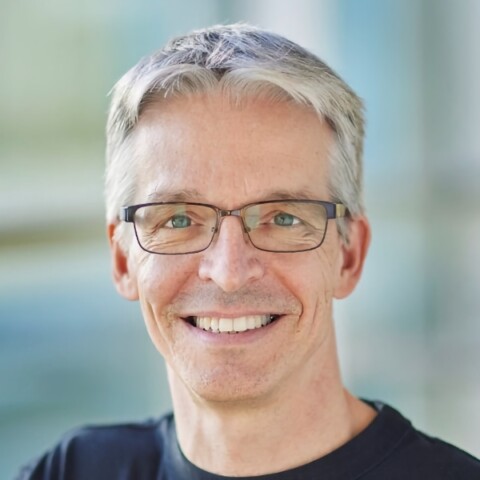Industrial AI is revolutionizing manufacturing by transforming how companies approach production, sustainability, and competition in an increasingly complex world, Siemens manager Dirk Didascalou explains in his insightful DLD Future Hub talk.
The key to unlocking AI’s potential in industry lies in data sharing, Didascalou makes clear, but this poses a challenge because industrial data is often siloed, unlike the freely available data fueling consumer AI applications.
Didascalou describes innovative solutions like federated learning, where companies can train AI models collaboratively without sharing sensitive data directly. “Bigger data beats better algorithms”, he emphasizes, urging industries to embrace data sharing to unlock the full potential of AI-driven insights.
AI in industry also introduces unique challenges, such as the need for physical-world safety and reliability. “If a robot hits a person, you can’t click Reset”, Didascalou emphasizes. This highlights the importance of physics-informed AI, which incorporates scientific principles to ensure accurate and trustworthy predictions.
The biggest hurdle, however, is not technological but cultural. Industry must shift from rigid, process-driven systems to data-driven, AI-enabled workflows, Didascalou demands. “What worked well in the past is not going to work well in the future,” he warns.



